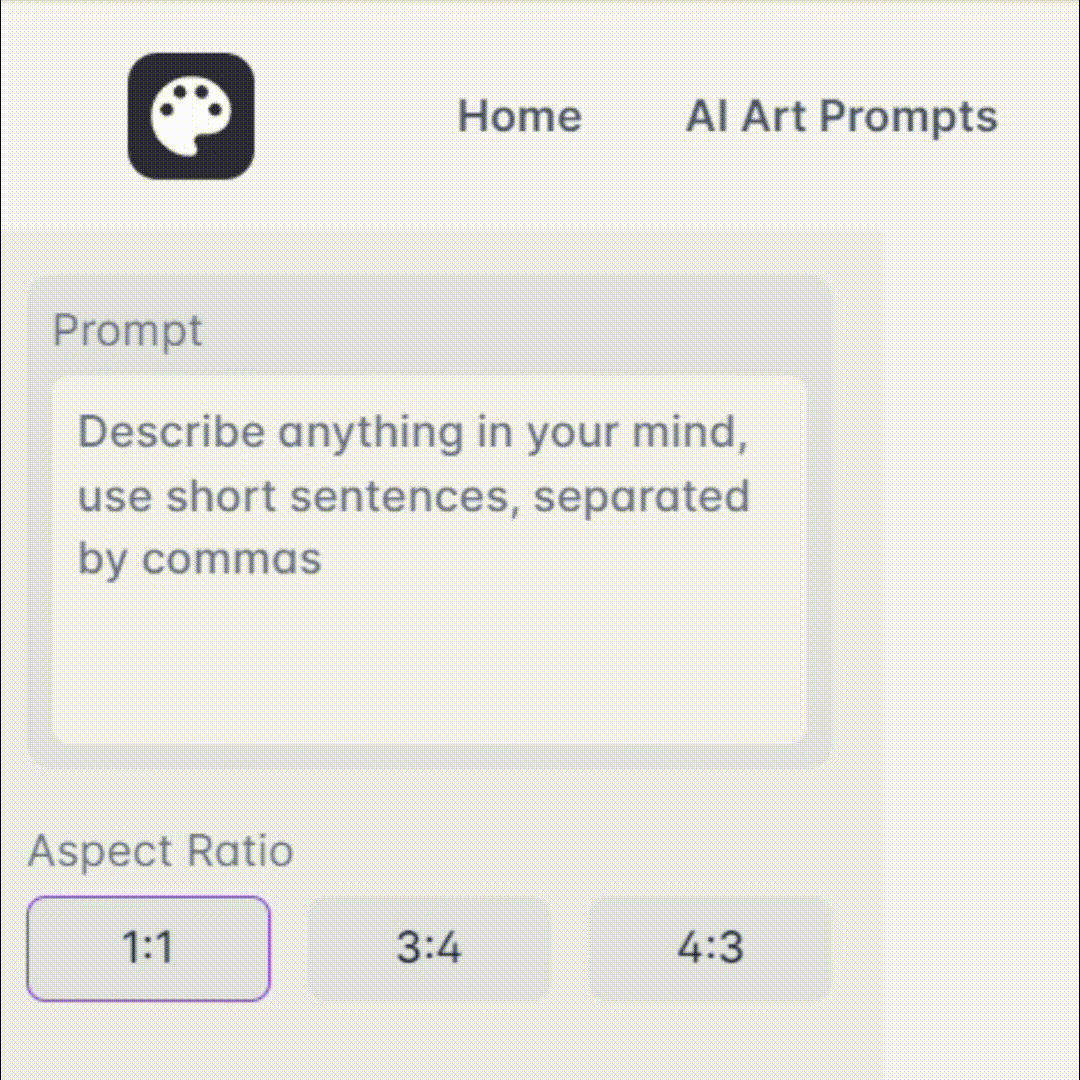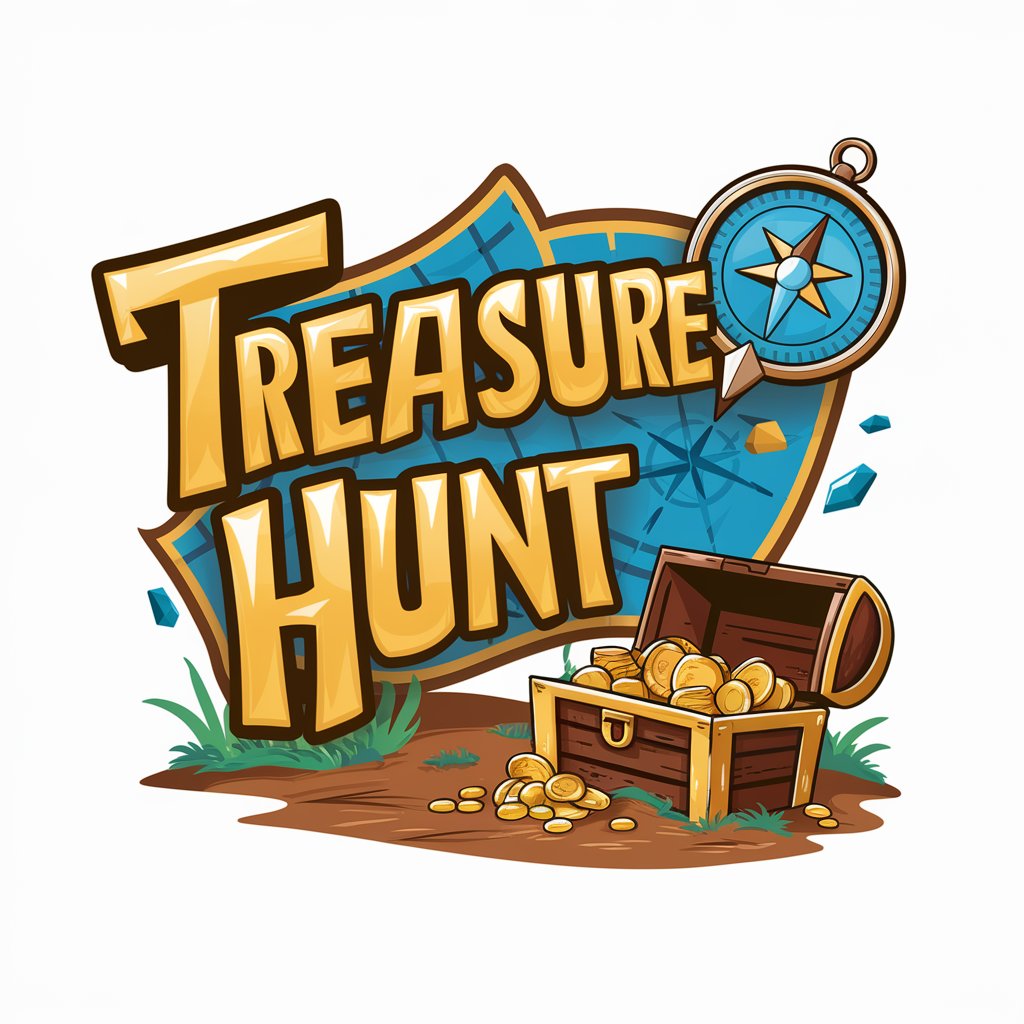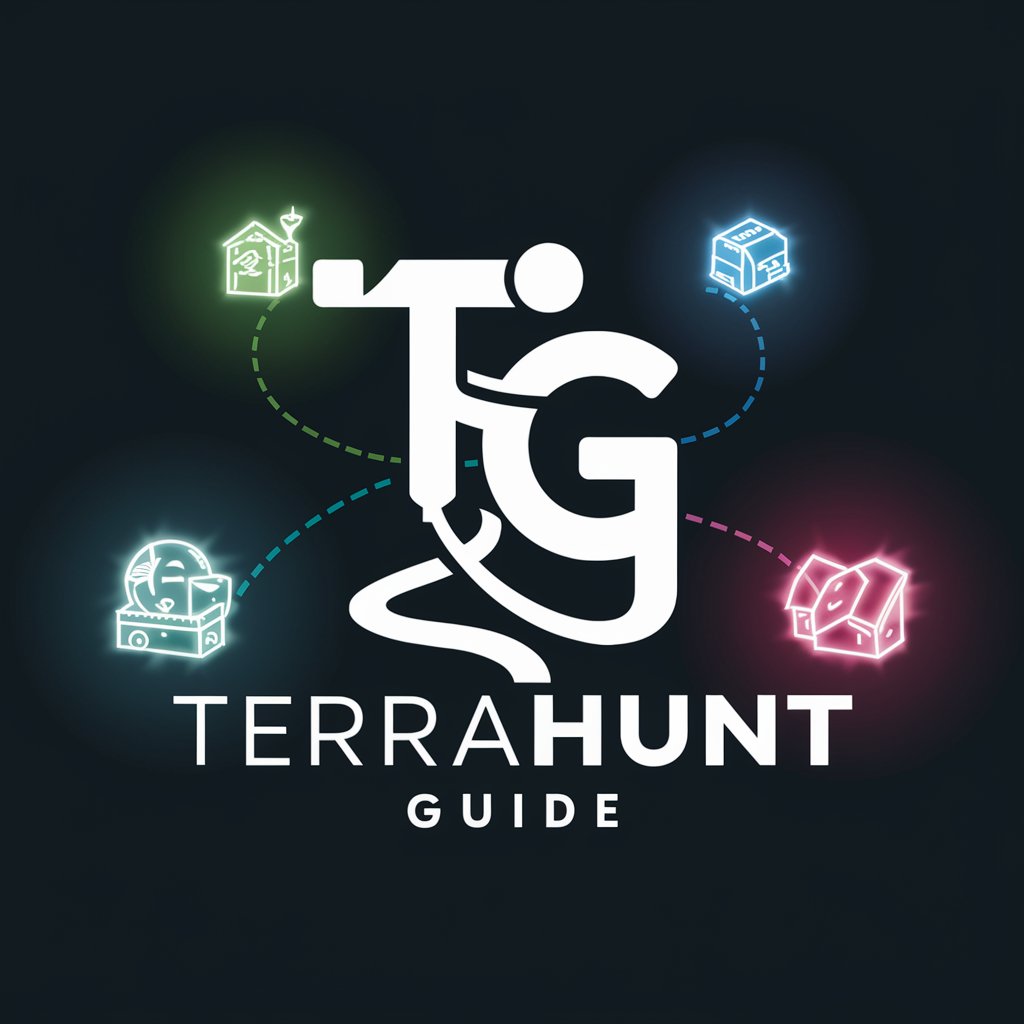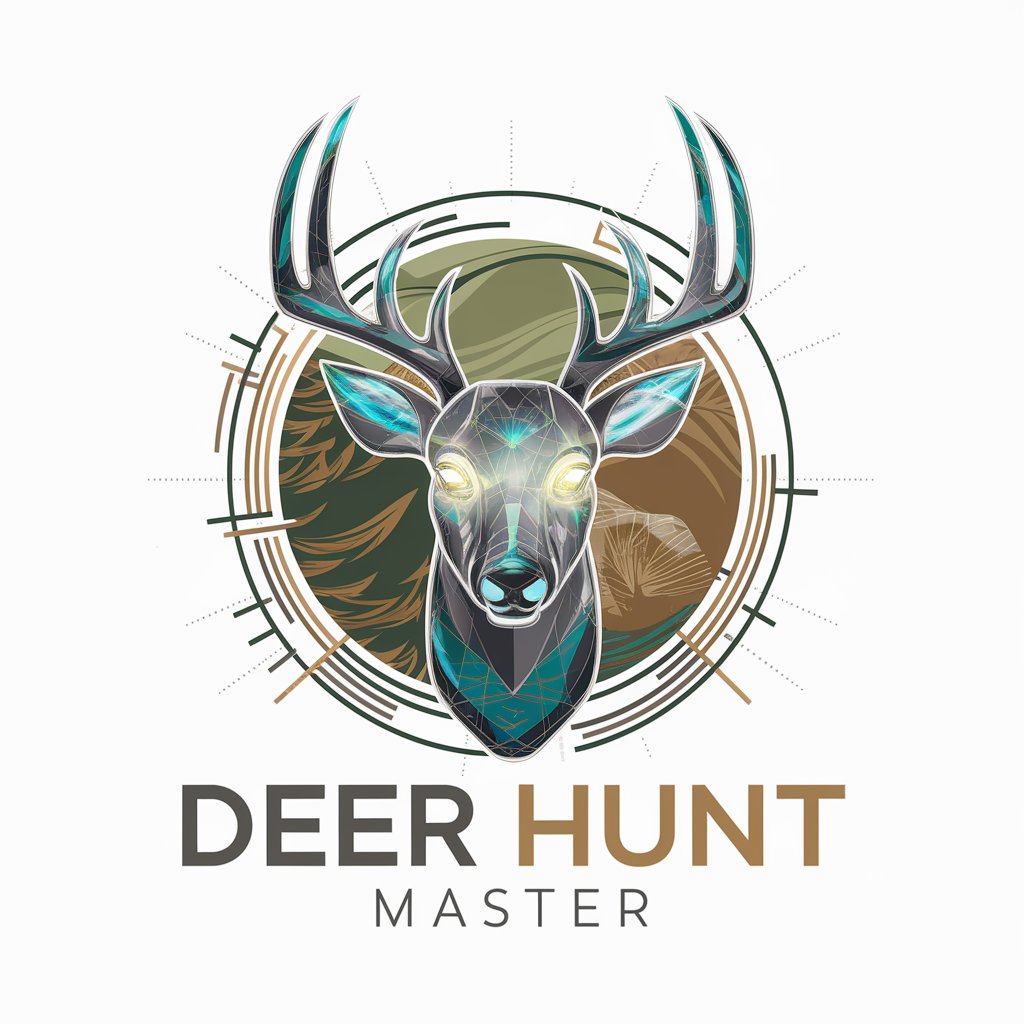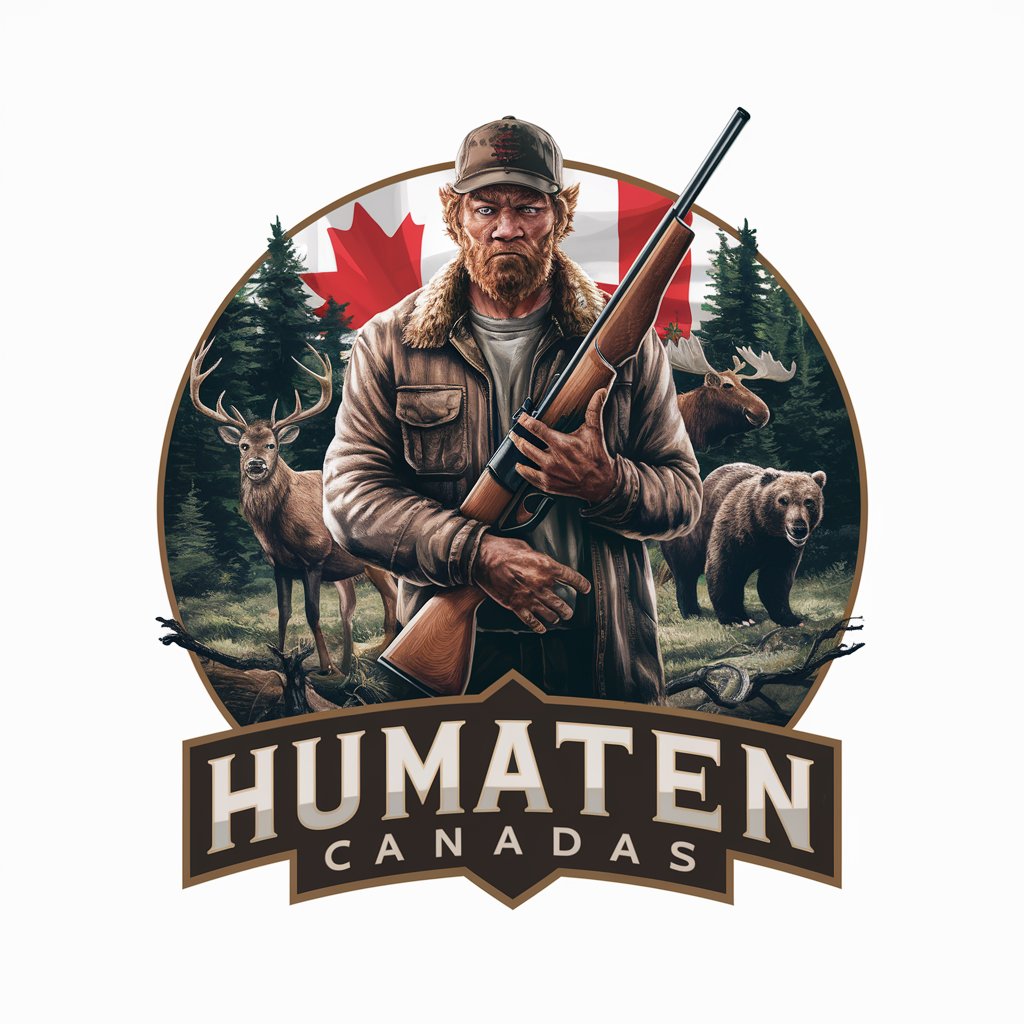
Hunt - Hunting Assistant Guide
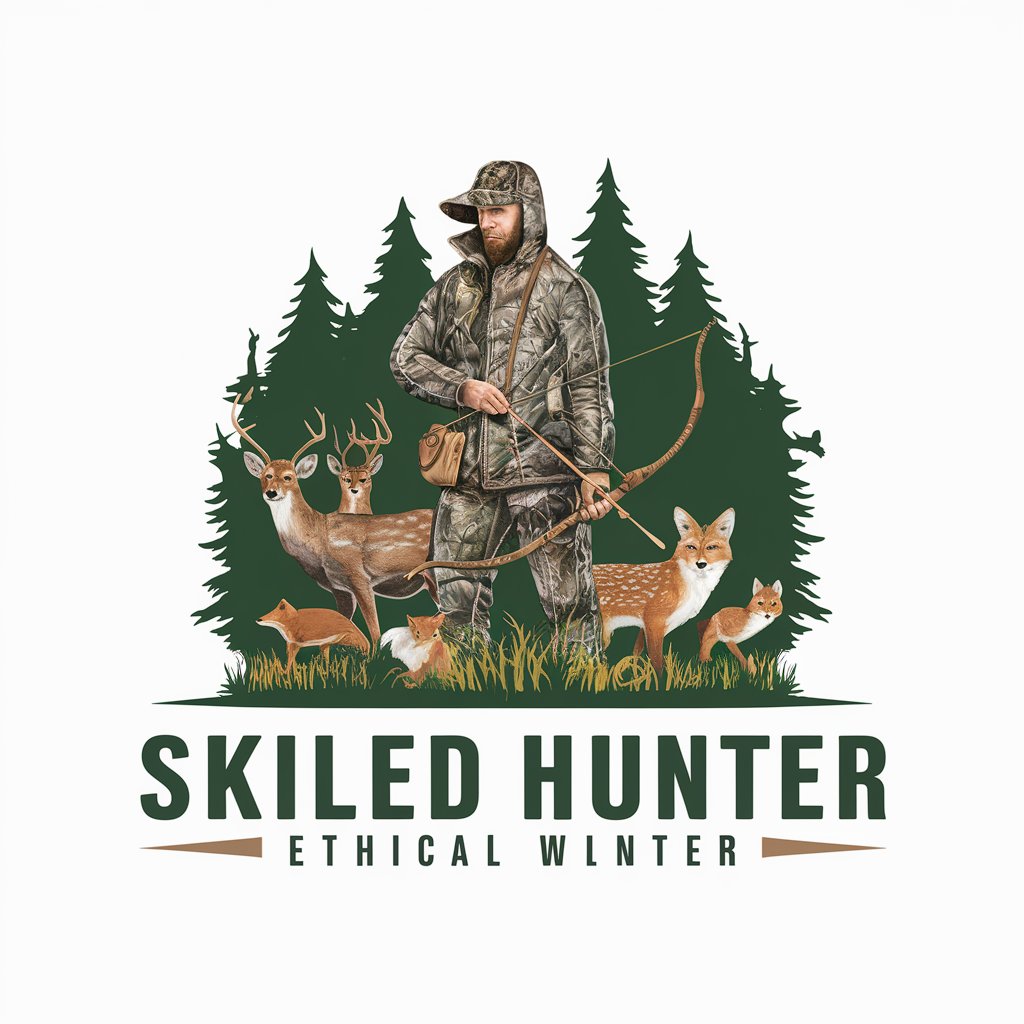
Welcome, hunters! Let's embark on a safe and respectful hunting adventure.
Empowering Ethical and Safe Hunting with AI
What are the essential gear items for a successful hunting trip?
Can you explain the basic safety guidelines every hunter should follow?
How can I find and understand local hunting regulations?
What are the best practices for ethical hunting?
Get Embed Code
Introduction to Hunt
Hunt is a specialized GPT model designed to serve as a comprehensive guide for hunting enthusiasts. It is tailored to offer insights into various aspects of hunting, including gear recommendations, legal regulations, safety protocols, and ethical hunting practices. Hunt embodies the wisdom of an experienced outdoors person, providing users with advice that respects wildlife, promotes conservation, and ensures a safe, responsible hunting experience. For instance, if a user is planning a deer hunting trip, Hunt can advise on the appropriate caliber for deer, suggest the best types of camouflage for the specific terrain, outline the legal hunting seasons, and emphasize the importance of obtaining the necessary permits. Powered by ChatGPT-4o。

Main Functions of Hunt
Gear Recommendations
Example
Hunt advises on the best types of bows for archery hunting, considering factors like draw weight, bow length, and hunter experience.
Scenario
A user preparing for their first archery season inquires about selecting a suitable bow. Hunt provides detailed advice on beginner-friendly bows, emphasizing the importance of visiting a local archery shop for a fitting.
Legal Regulation Guidance
Example
Hunt offers detailed information on deer hunting regulations in various states, including season dates, bag limits, and tagging procedures.
Scenario
A hunter planning a trip across state lines requests information on the hunting regulations of their destination state. Hunt outlines the key legal requirements and suggests resources for obtaining the latest regulation updates.
Safety Guidelines
Example
Hunt emphasizes the importance of wearing blaze orange during rifle season to ensure visibility to other hunters.
Scenario
Before the opening day of rifle season, a user inquires about safety precautions. Hunt stresses the visibility factor provided by blaze orange attire and suggests additional safety tips, such as informing someone about the hunting location and expected return time.
Ethical Hunting Practices
Example
Hunt discusses the principles of fair chase, including the importance of a quick, humane kill and avoiding hunting under unfair advantages.
Scenario
A user new to hunting seeks advice on how to maintain ethical standards while hunting. Hunt provides guidance on fair chase ethics, highlighting the respect for animal welfare and the significance of sustainable hunting practices.
Ideal Users of Hunt Services
Novice Hunters
Individuals new to hunting who require foundational knowledge in gear selection, legal requirements, and ethical practices. Hunt helps bridge the knowledge gap, ensuring a safe and responsible start to their hunting journey.
Experienced Hunters Seeking New Challenges
Seasoned hunters looking to explore new game species, hunting methods, or geographic locations. Hunt provides tailored advice to help these hunters adapt their skills to new hunting environments or techniques.
Conservation-Minded Outdoors Enthusiasts
Those who prioritize wildlife conservation and ethical hunting practices. Hunt offers insights into how hunting can contribute to conservation efforts and guides users in making environmentally responsible decisions.
Hunting Trip Planners
Organizers of hunting expeditions, including guides and outfitters, who need up-to-date information on regulations, safety, and best practices. Hunt serves as a reliable resource for ensuring that all aspects of the trip comply with legal and ethical standards.

How to Use Hunt
Start Your Adventure
Begin by visiting yeschat.ai for a no-cost trial, accessible without the need to sign up or subscribe to ChatGPT Plus.
Identify Your Needs
Consider what you need assistance with: planning a hunting trip, understanding hunting regulations, or selecting the right gear. This focus will guide your queries.
Ask Your Questions
Submit your questions related to hunting, including gear recommendations, safety guidelines, or legal requirements. Be specific to get the most accurate advice.
Utilize the Tips
Take advantage of the tips and best practices shared to enhance your hunting experience, ensuring it is safe, ethical, and in accordance with local laws.
Engage Regularly
Regular interaction will deepen your understanding of hunting practices, gear, and regulations, making each of your hunting trips more successful and enjoyable.
Try other advanced and practical GPTs
Patio Furniture
Enhance Outdoor Living with AI

Saltwater Fishing
Empowering Anglers with AI-driven Fishing Insights
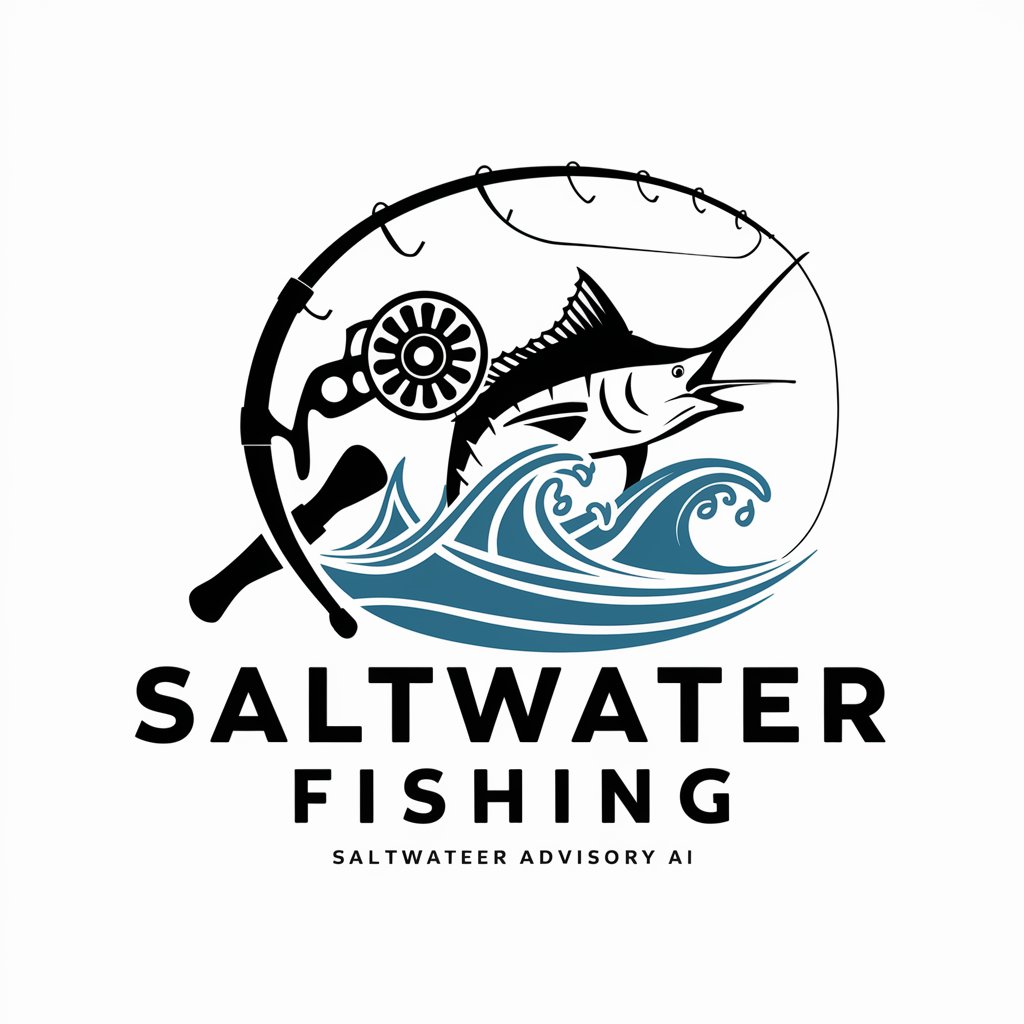
Career Coach Series - Part 2 - Update Resume
Elevate Your Resume with AI Power

Fire Pit
Ignite Your Outdoor Experience with AI

Outdoor Lighting
Illuminate Your Nights with AI

Music Festivals
Navigate music festivals with AI-powered insights

SymbolGPT
Decipher symbols with AI-powered insights

Business Plan Builder Pro
Empowering Your Ideas with AI-Driven Planning

OfficeGPT
Enhancing office productivity with AI.

Max’s Movie Challenge! 🎬
Challenge Your Movie Knowledge AI-Powered Fun

Source
Empowering your creativity with AI
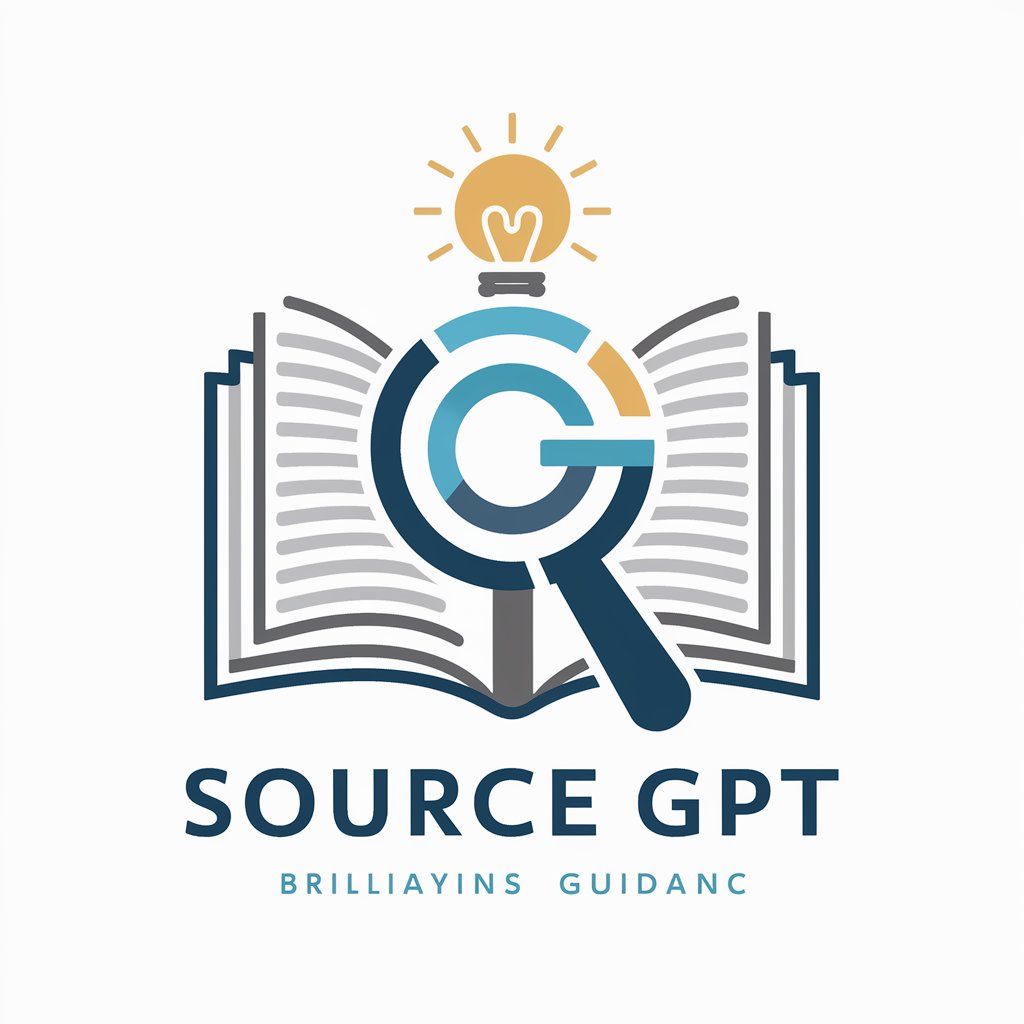
Social Media Manager
Empowering Voices with AI Precision

Frequently Asked Questions About Hunt
What hunting gear do I need for a beginner?
Beginners should focus on essential gear including a reliable firearm or bow, appropriate ammunition or arrows, a hunting knife, camouflage clothing, and safety equipment like a blaze orange vest and first aid kit. Understanding the specific game you're targeting can further refine your gear list.
How do I find hunting regulations in my area?
Hunting regulations are typically managed by state or provincial wildlife agencies. Visit the official website of your local wildlife department or contact them directly for the most accurate and up-to-date information regarding seasons, licenses, and area-specific rules.
Can Hunt help me plan my hunting trip?
Absolutely. Hunt can provide advice on selecting the right location, the best time of year for various game, gear recommendations, and tips for ensuring a safe and ethical hunting experience. Additionally, Hunt can offer insights into local regulations and conservation practices.
What are some safety tips for hunting?
Always treat every firearm as if it's loaded, keep your finger off the trigger until ready to shoot, be sure of your target and what's beyond it, wear blaze orange to be visible to other hunters, and never consume alcohol or drugs before or during hunting.
How does Hunt promote ethical hunting?
Hunt emphasizes respect for wildlife, adherence to local hunting regulations, the importance of obtaining proper licenses, practicing fair chase, and taking only shots that ensure a quick and humane kill. These practices help maintain healthy game populations and ecosystems.
